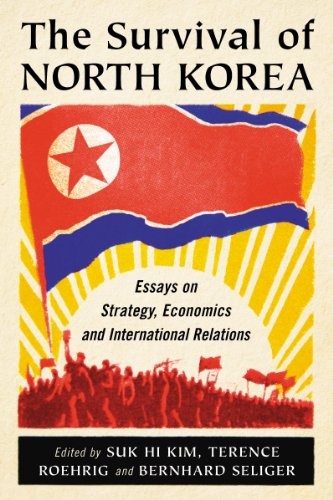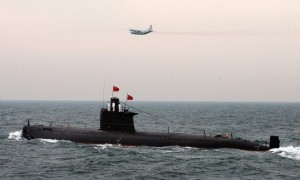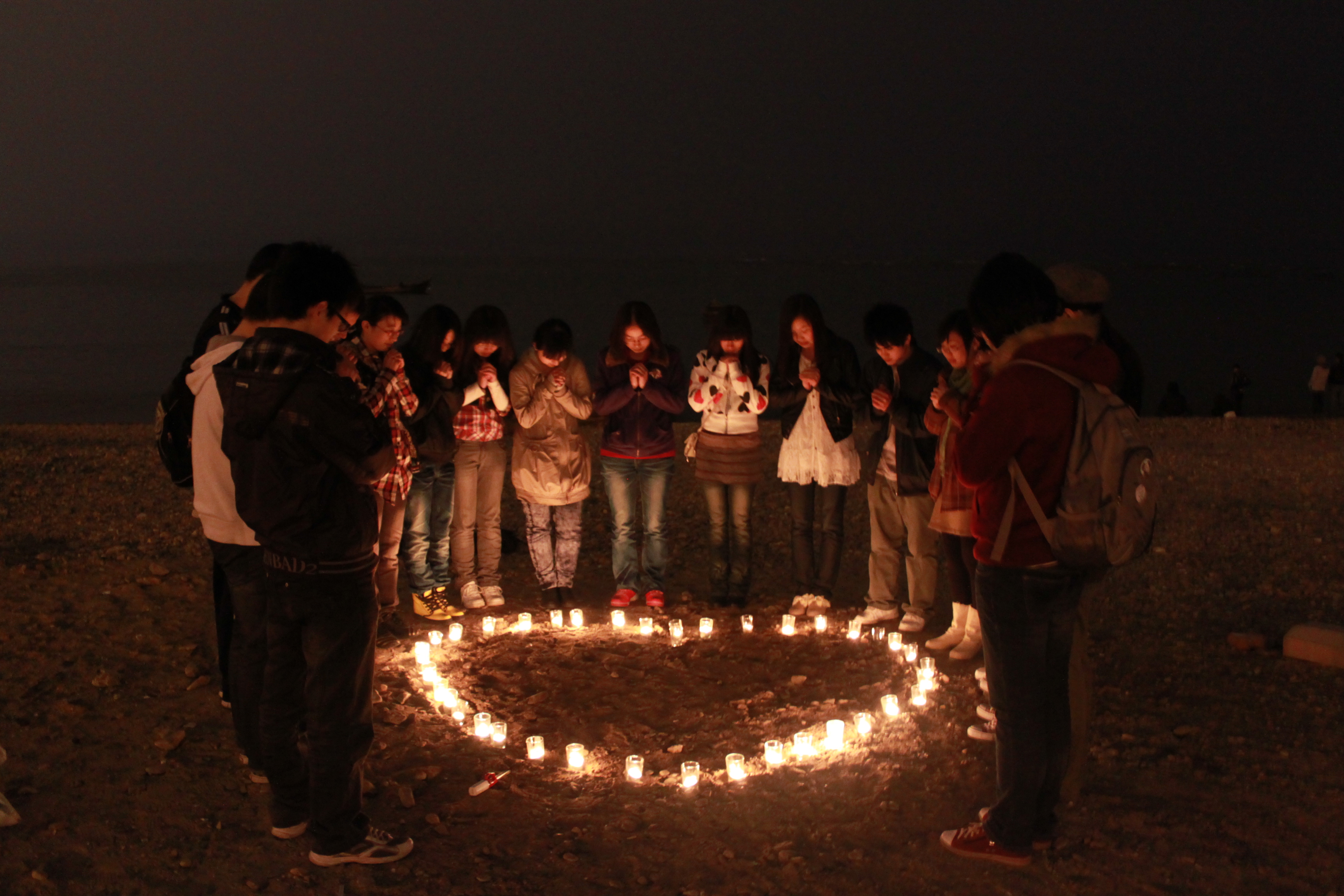Nautilus Institute’s Policy Forum‘s focus is on the timely publication of expert analysis and op-ed style pieces on the foremost of security-related issues to Northeast Asia. Its mission is to facilitate a multilateral flow of information among an international network of policy-makers, analysts, scholars, media, and readers. Policy Forum essays are typically from a wide range of expertise, political orientations, as well as geographic regions and seeks to present readers with opinions and analysis by experts on the issues as well as alternative voices not typically presented or heard. Feedback, comments, responses from Policy Forum readers are highly encouraged.
Policy Forum 11-19: A Crisis of Confidence, But Nuclear Power Is Here to Stay
Jor-Shan Choi, Associate Director of the Berkeley Nuclear Research Center, University of California, Berkeley, argues that the tragedy at Japan’s Fukushima nuclear power plant will do little to deter the growth of nuclear power in the region. He writes, “There is no doubt that nuclear power will also survive the Fukushima incident, and can use it as a unique opportunity to refocus on the three fundamentals — human factors, safety, and waste disposal.”
Go to the articlePolicy Forum 11-18: Preventing a Nuclear North Korea

Leon V. Sigal, Director of the Northeast Asia Cooperative Security Project at the Social Science Research Council, writes “Pyongyang is ready to negotiate with Seoul to ship out the fuel rods needed to restart its nuclear reactor in return for energy aid. It seems willing to abide by a moratorium on missile tests, and possibly nuclear tests, once talks with Washington resume. And it has said it will negotiate on suspending its uranium enrichment…What are Washington and Seoul waiting for—more trouble? ”
Go to the articlePolicy Forum 11-17: The Survival of North Korea: Essays on Strategy, Economics, and International Relations

Suk Hi Kim, Editor of North Korean Review, provides a summary of his new book “The Survival of North Korea: Essays on Strategy, Economics, and International Relations”. The book interweaves threads of argument and evidence to reflect the complicated nature of the international conflict focused on and in Korea and the urgency of ending the standoff on the Peninsula to avoid what could easily escalate into a catastrophic, nuclear war. This summary provides an overview of the engagement options the book suggests the U.S. and its allies should consider as part of a long-term strategy to complement short-term efforts to address North Korea’s nuclear weapons capabilities.
Go to the articlePolicy Forum 11-16: The Fukushima Disaster Opens New Prospects for Cooperation in Northeast Asia
James Goodby, former American ambassador to Finland and Markku Heiskanen, former Finnish diplomat and Senior Associate of The Asia Institute in Daejeon, South Korea, write that “[t]he nuclear disaster at the Fukushima nuclear plant in Japan has dramatically demonstrated the interdependence between the countries of Northeast Asia. This crisis poses a palpable threat to Northeast Asia, and is not an issue of military conflict, but rather of environmental pollution, as radioactive materials spread across national frontiers. It is an example of a number of transnational issues that can be addressed effectively only through cooperative actions.”
Go to the articlePolicy Forum 11-15: The South China Sea: Trying to Make Sense of Non-Sense

Mark Valencia, Senior Research Associate at the National Bureau of Asian Research and Nautilus Institute Associate, writes “These disputes and incidents are certainly not new—but why are they occurring now, and why is China sending very mixed signals? This was supposed to be a period of negotiations to transform the [Declaration on Conduct of Parties in the South China Sea] into an official enforceable code. Needless to say, this effort may now be moribund. Despite China’s rhetoric, ASEAN nations are genuinely alarmed and are looking to the U.S. for succor and support.”
Go to the articlePolicy Forum 11-14: A Time for the Future of Peace: the 11th Anniversary of the 6.15 Inter-Korean Summit
Lim Dong-won, former Minister, Ministry of Unification and Co-representative of Korea Peace Forum, and Paik Nak-chung, Professor Emeritus, Seoul National University and Co-representative of Korea Peace Forum, write, “We need to continuously develop effective strategies to realize a peace system on the Korean peninsula and implement them to the best of our abilities. That is, we need concrete systematic plans and visions to resolve the nuclear threat of North Korea and to dismantle the cold war atmosphere. Reflecting the transitioning order of Northeast Asia, we need the methodology and wisdom to convert the ceasefire agreement into a permanent peace regime. We must propose a path towards “tangible peace,” providing security for our people to allow our nation to dream for the future.”
Go to the articlePolicy Forum 11-13: Japan’s Nuclear Crisis Sparks Concerns over Nuclear Power in China

Wen Bo, Senior Fellow at Pacific Environment’s China Program, writes, “[The Fukushima accident] was a rare opportunity for the Chinese media to cover nuclear issues and address concerns over nuclear power and its related hazards and risks. Though some nuclear specialists, indeed most of them, are supportive of nuclear power, mounting concern amongst the general public has emerged, making it clear that many would rather not have nuclear power at all. Other scholars indicated this is a golden opportunity to increase knowledge amongst the public on nuclear radiation and safety measures.”
Go to the articlePolicy Forum 11-12: Recommendations for Kim Jong-il to visit Seoul in Spring 2012
Wooksik Cheong, a Representative of the Peace Network, writes, “the [Lee Myung-Bak] administration should not take the North’s sincerity of nuclear abandonment as a precondition of negotiation. Instead, it should respond in kind to the North’s determination to seek out larger compromise, such as denuclearization for a peace treaty.”
Go to the articlePolicy Forum 11-11: 6-Party Trap
Nicholas Eberstadt, Senior Adviser, National Bureau of Asian Research and Henry Wendt Chair in Political Economy at the American Enterprise Institute, writes, “North Korean leadership is confident it can manipulate the “6 Party” process to generate further, perhaps unprecedented, benefits for its otherwise impoverished and discredited regime.”
Go to the articlePolicy Forum 11-10: Fukushima’s Implications for Korea’s Nuclear Dilemmas
Peter Hayes, Professor, RMIT University and Executive Director of the Nautilus Institute, writes “Here, the point I want to make is that after Fukushima, Seoul must make a choice. It could engage the North to ensure that the small light water reactor project becomes an authentically inter-Korean project, and is implemented to international standards for design, engineering, and construction…Alternately, it could treat the North’s small light water reactor as a rapidly emerging environmental security threat to South Korea’s population and land, and decide whether it will act militarily to halt the reactor’s operation once it is turned on.”
Go to the article
